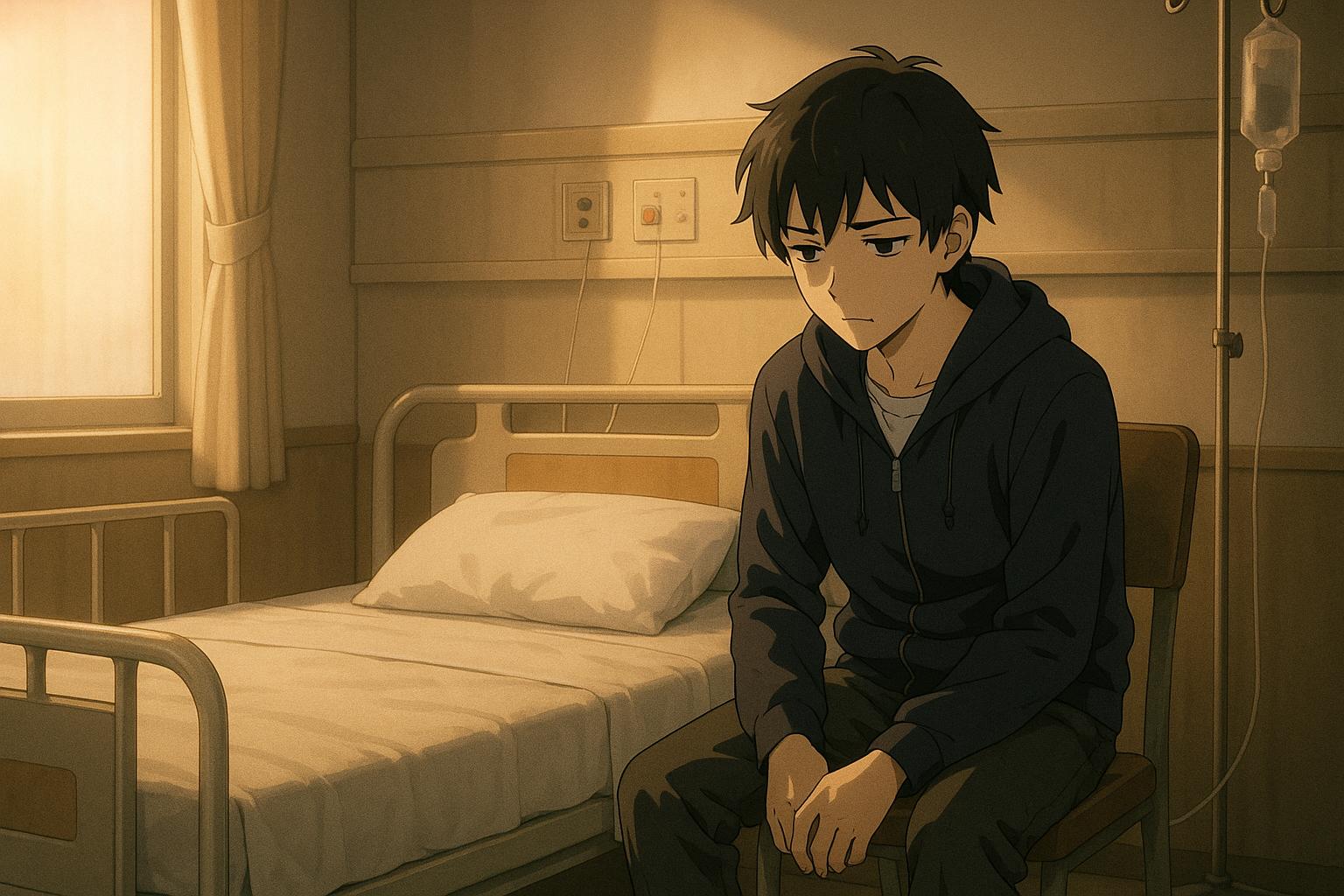Adrian Goodyear’s experience as a teenager, receiving an HIV diagnosis at just 15 years old, sheds light on a dark chapter in Britain’s medical history. As a participant in a system that treated haemophilia sufferers at Lord Mayor Treloar College in Hampshire, Goodyear and many of his peers became victims of a scandal linked to contaminated blood products.
The recent report from the Infected Blood Inquiry revealed that during the 1970s and '80s, a staggering majority of the 122 haemophilia patients who attended the school were infected with HIV or hepatitis due to the treatment they received. According to the report, only 30 of those pupils are still alive today. This grim statistic underscores the catastrophic impact of medical negligence, highlighting authorities' failure to ensure patient safety over their pursuit of research advancements.
Goodyear, along with other former students, recalls the chilling moment when he was informed of his condition. The atmosphere during the diagnosis was marked by an unsettling nonchalance from the medical staff, which he described during a recent ITV documentary, The British Blood Scandal: Poisoned at School. "He [the doctor] lifted his left hand and went round the room, and he said, 'You have it, you haven't, you have, you haven't, you have,'" Goodyear recounted. The casual way in which the life-altering diagnosis was delivered, culminated in a stark prognosis: "Two to three years, but we'll do our best for you."
These revelations resonate with the broader findings of the inquiry. Chair Sir Brian Langstaff condemned the treatment of students as “objects for research,” allowing systemic failings to overshadow their welfare. The inquiry has established that from 1977 onwards, clinicians were aware of the risks associated with using commercial blood concentrates, known to carry a significant risk of viral transmission, yet continued to use these products.
The failings were systematised; parents were not informed of the risks associated with treatments, nor did they give consent for the experimental procedures that ultimately led to widespread infections. The report detailed the lack of transparency regarding their children's care, leading to devastation in families affected by this scandal. In some cases, students were treated without even the most basic consent protocols, raising ethical concerns that resonate with allegations of medical malpractice.
Highlighting the human cost of this tragedy, another former pupil, Gary Webster, shared his shock upon receiving this devastating news, describing his reaction as a nervous laugh—a stark contrast to the gravity of the situation. “My parents weren't told, it had come out of the blue," Webster said, reflecting a shared hesitance among many young patients to discuss their diagnoses or the implications of their illnesses with family.
The inquiry's findings demonstrate that this medical crisis was not an isolated incident; it was part of a broader failure at various levels of the healthcare system. Prime Minister Rishi Sunak has acknowledged the institutional failures, referring to the situation as a source of "eternal shame" for the UK. Plans are in motion for a compensation scheme reportedly valued at around £10 billion, offering a glimpse of hope for those who have endured countless hardships due to what was a misguided approach to treatment.
In response to the inquiry, Treloar’s has expressed deep regret for the unfortunate outcomes under their care, committing to support the affected individuals and families. They have also pledged to explore the establishment of a memorial to honour those impacted by the scandal, a necessary step towards acknowledging the suffering endured by the former pupils.
As the documentary airs, Goodyear, Webster, and their companions continue their fight for justice, raising awareness and ensuring that the systemic issues uncovered in this inquiry are not forgotten. Their stories serve not only as a poignant reminder of the consequences of negligence but also as a call for accountability and change in the medical community, ensuring that future generations are protected from similar fates.
This horrifying chapter reminds us that accountability in healthcare is paramount and that the welfare of patients should always remain at the forefront of medical research and practice.
Reference Map
Source: Noah Wire Services
